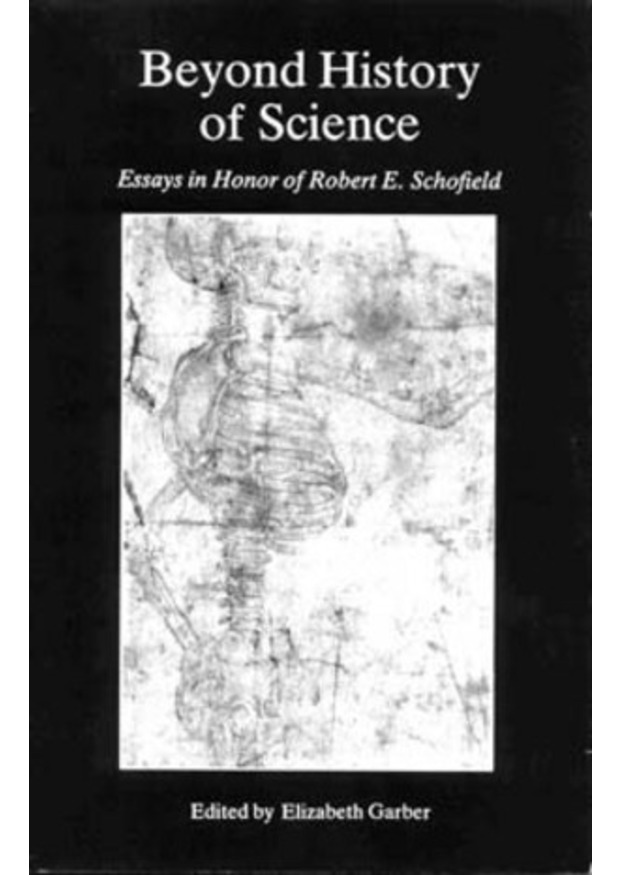Essays in Honor of Robert E. Schofield
Beyond History of Science is a series of papers in honor of Robert E. Schofield. The papers reflect the broad range of Schofield's scholarly interests that coincide with many historical and historiographical problems propelling research in the history of science, technology, art, and other subdisciplines of history. The papers are organized around thematic foci that both illustrate and probe these problems, and they are arranged in widening circles of social concern beginning with the individual (biography), then the intellectual (discipline), to the social and intellectual (interdisciplinary), and finally to the cultural and contextual.
In the series of papers focused on biography, essays discuss the enigma of Henry Cavendish through his behavior in the Royal Society, the influence of Josiah Willard Gibbs on Pierre Duhem, and the use of theories of psychology in trying to understand the complex character of James McKeen Cattell. This series also includes an essay on the sources available on the early members of the American scientific community.
From an interest in the individual the theme expands to examinations of scientific disciplines. This group includes a case study of the role of Samuel Morton on American geology, a look at the cultural commitments of the theorists and the limitations of empiricism in eighteenth-century natural history, an essay tracing the changes in the rhetoric and practice of chemists in the nineteenth century, and a study of the relationship between mathematics and physics in the work of Simeon-Denis Poisson.
Moving out from the discussion of disciplines, a series of papers looks into the interaction of science and technology, considering the difficult transformation of scientific theories into engineering practice. Also included are an examination of how W. J. M. Rankine established scientific engineering in Britain, an argument that only a common social context links science and technology, and a demonstration of scientists' active role in the early industrial development of Cleveland.
Researching beyond technology into the social and cultural context of both science and technology, the final group includes essays that chart the changes in the sense of the time across the United States from the Civil War to the First World War and examine the borrowings of scientists from their cultural context in the construction of their theories.













